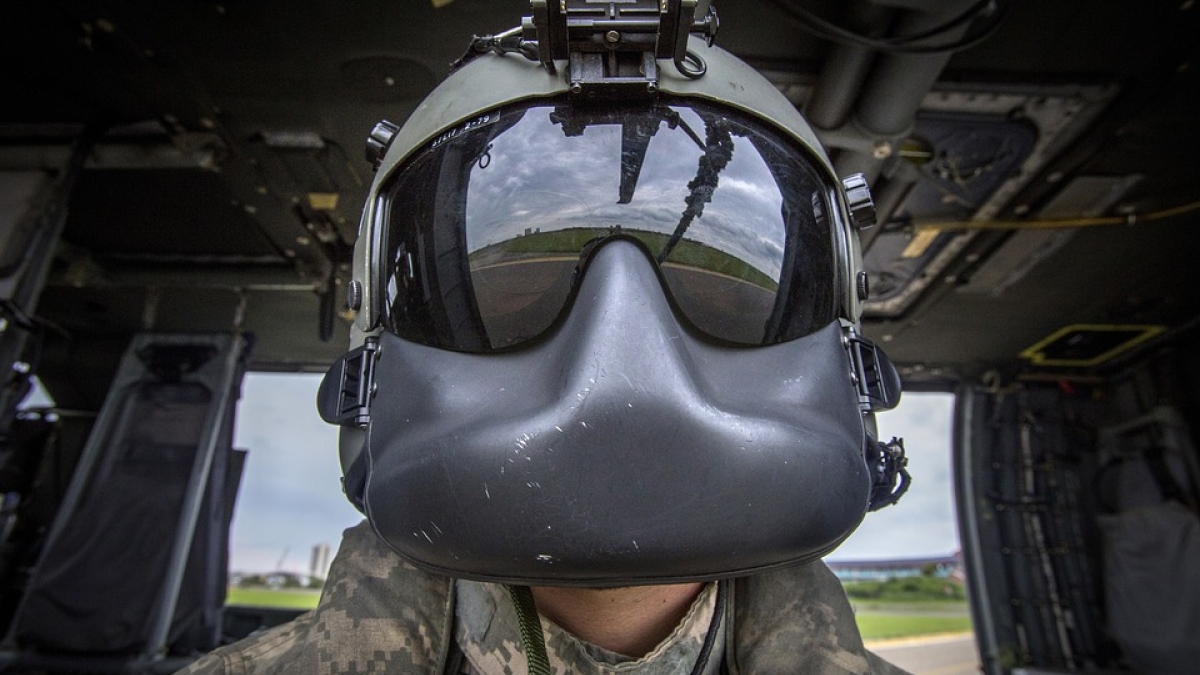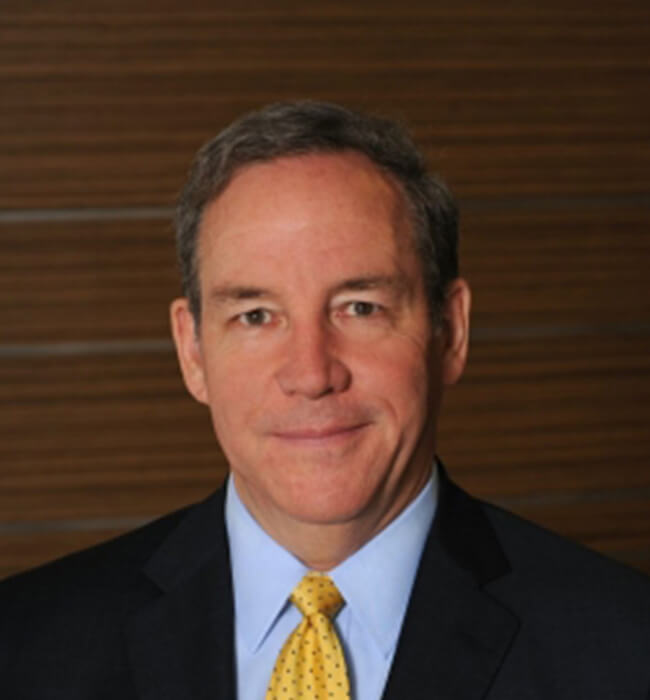Military experts, strategists, academics and national security thought leaders will gather at an international conference Monday hosted by Arizona State University and D.C.-based think tank New America, to discuss what a war with North Korea would look like if long-held tensions continue to simmer and a diplomatic solution cannot be reached.
This year’s Future of War Conference is the fourth of these signature events of ASU’s Center on the Future of War and will include two panels — “How Does North Korea See the Future of War” and “Are North Korean Decision Makers Rational?” — on April 9 in Washington, D.C.
“The possibility of war on the Korean Peninsula is one of the most dangerous situations in the world and could lead to almost unimaginable devastation and human suffering,” said Daniel Rothenberg, a professor in the School of Politics and Global Studies and co-director of the Center.
The conference features major thought leaders on various issues of domestic and global security including emerging technologies, current conflicts, refugees, cyberwar, international law, civilian-military relations, and how to improve links between academic research and public policy.
While the conference will host several panels — including ones on Russian influence on Twitter, how to use artificial intelligence and the Middle East — North Korea is getting top billing this year.
North Korea has aggressively pursued a nuclear weapons program, ramping up their testing in the last few years. Coupled with Supreme Leader Kim Jong-Un’s doomsday rhetoric, the country has become a growing threat to the United States and its allies.
Benjamin C. Freakley
The situation with North Korea calls for a nuanced approach said retired Lt. Gen. Benjamin C. Freakley, an affiliate member of the Center who will host a panel discussion, “Does the Pentagon Have Too Much Power?” at the conference.
“It’s in the best interests of the United States and the rest of the world to be engaged in a diplomatic and political dialogue with the leadership of North Korea to try to prevent a nuclear or even a conventional war because they have an extremely sizeable military force,” said Freakley, who is also a senior adviser to both ASU President Michael Crow and the McCain Institute for International Leadership in Washington, D.C.
According to a 2017 Newsweek report, North Korea’s armed force counts 1.19 million service members and another 7.7 million reservists – about a fourth of that country’s population. The United States has nearly 1.3 million active military personnel and another 800,000 on reserve.
Freakley said a war with North Korea would be brutal and nothing like current generations have ever experienced before.
“If we go to war on the Korean Peninsula, it’s all or nothing,” Freakley said. “They either win or it’s the end of their regime. There would be no limits to combat in that situation, and they’d be all-in.”
Not only would the conflict be devastating but costly in terms of lives and the country’s checkbook.
“War doesn’t mean getting into a fight and then it’s over,” Freakley said. “There would have to be an investment by the United States and other nations to defeat them and then help their country to recover.”
Register or see the full list of speakers and sessions for the Future of War Conference 2018.
Video by Jamie Ell/ASU Now
More Law, journalism and politics
Can elections results be counted quickly yet reliably?
Election results that are released as quickly as the public demands but are reliable enough to earn wide acceptance may not always be possible.At least that's what a bipartisan panel of elections…
Spring break trip to Hawaiʻi provides insight into Indigenous law
A group of Arizona State University law students spent a week in Hawaiʻi for spring break. And while they did take in some of the sites, sounds and tastes of the tropical destination, the trip…

LA journalists and officials gather to connect and salute fire coverage
Recognition of Los Angeles-area media coverage of the region’s January wildfires was the primary message as hundreds gathered at ASU California Center Broadway for an annual convening of journalists…



